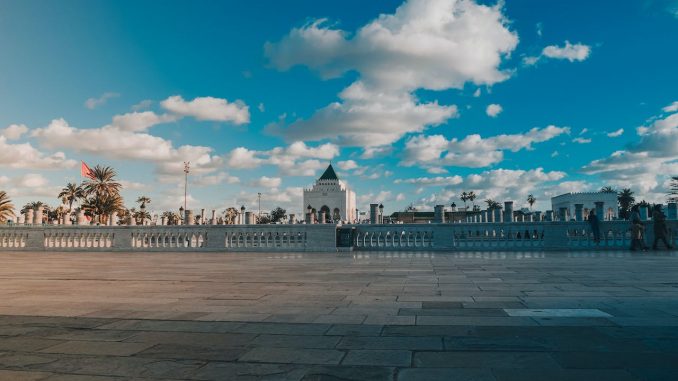
Defining the fundamental values of the ideal city. This is the aim of the fifth Florilège culturel festival, which kicked off in Rabat on Monday.
Organized by the Ribat Al Fath association for sustainable development, under the patronage of H.M. King Mohammed VI, this event brings together an exceptional panel of experts, who will be tackling crucial subjects throughout the week, including the promotion of citizen well-being, ethical behavior, environmental protection policies, anti-poverty programs and citizen participation initiatives.
“The Florilège culturel initiative was set up seven years ago to enable everyone to discuss everyday issues, the country’s development prospects and any other subject of interest to public opinion”, says Abdelkrim Bennani, President of the Ribat Al Fath association, adding that this year’s edition looks to the future and aims to launch a reflection on the development trajectory that Morocco is experiencing.
According to Abdelkrim Bennani, it is crucial to leave future generations “a strong, humane and modern Morocco”, capable of carrying the torch of civilization high, while maintaining our values and cultural heritage.
The meetings will also address the subject of smart cities, which, according to a brief drawn up by the Ribat Al Fath association for the occasion, requires the skilful integration of technological advances, notably the use of Artificial Intelligence.
“AI has or will have a palpable impact on our daily lives,” adds Bennani, adding that the idea is to define this impact, and see its advantages and disadvantages. The debates will explore how these technologies can optimize certain everyday practices such as transportation networks, energy and waste management, public safety, health services, and many other aspects of urban life.
With this in mind, the focus will be on ways of anticipating problems related to traffic, energy consumption, resource management and the provision of public services for all. Ribat Al Fath also highlights the values that are essential to the foundation of the ideal city in the digital age, evoking justice, equity, equality and social responsibility.
The document points out, however, that the transition from the ideal or virtuous city to the smart city is not without its issues concerning privacy, data security, equitable access to technologies and democratic participation. What is essential is that all these issues are taken into account in the design and implementation of smart city initiatives, without the slightest infringement of citizens’ fundamental rights.

Be the first to comment